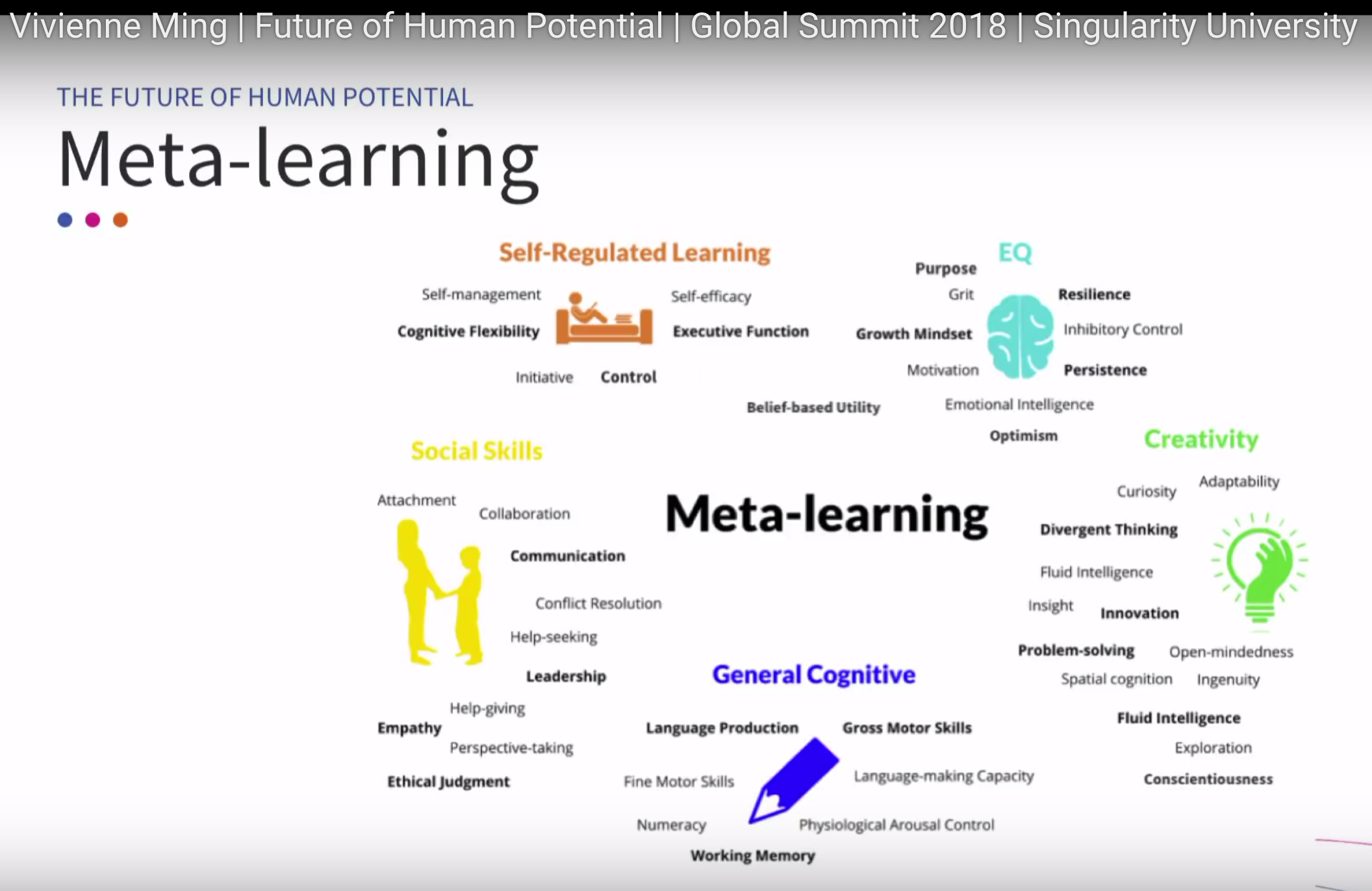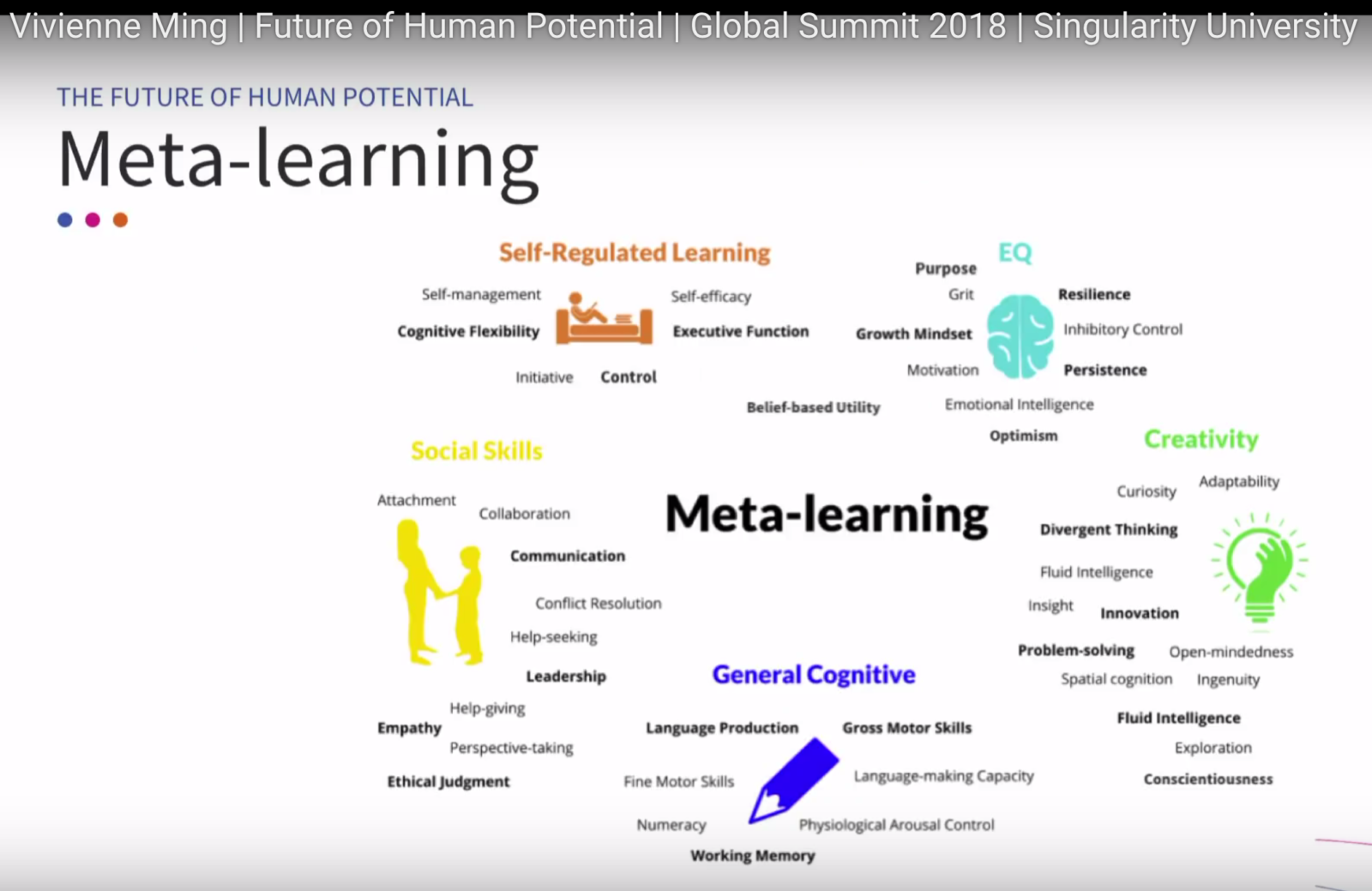The current internet – the HTTP based world wide web – is not what Tim Berners Lee envisioned when he laid the foundation for it in 1993. On the positive side of things, the internet has democratised access to information which in turn has given tremendous confidence to individuals, particularly those from developing countries. However, it has proven to be ill-suited for personal and social topics.
Platforms such as Facebook have clearly and consistently demonstrated that they lack the competence, maturity and wisdom that is required to secure and manage users’ data. Also, they have created massive societal problems on a global scale by providing the framework under which fake news is easily propagated and extremist viewpoints are self-reinforced amongst uninformed users and groups. Extraordinary data breaches and violation of user privacy has become the norm.
The Knowledge Web
Data aggregation by a few oligarchic technology behemoths might actually be beneficial when it comes to dissemination of knowledge. Perhaps some entities such as Google and Amazon Retail can continue to thrive as we look forward to the 2020s and 2030s, under the umbrella of the “Knowledge Web”. But, for topics related to individuals, we have to reach back to Berner Lee’s original vision.
The Human Web
The Human Web is for human beings. It is the web where the primary focus is the interests of individual humans – not nation-states, not continents, not religions, not races, not corporations, not non-profits, not surveillance agents, not hackers, not animals, not reptiles, not aliens, not any other grouping. The motivation for this web is to protect and promote individual interests and individual privacy.
Blockchain
TODO

